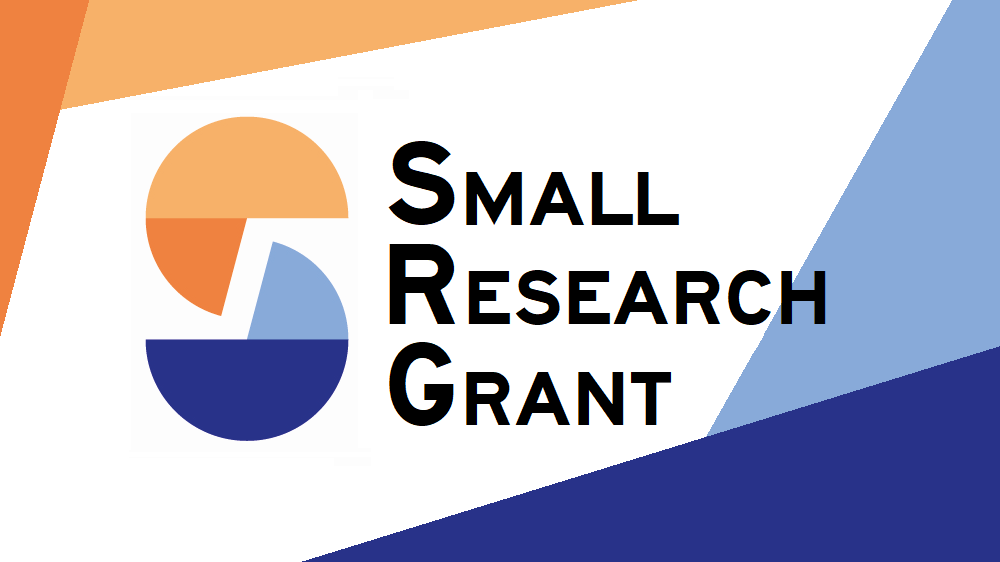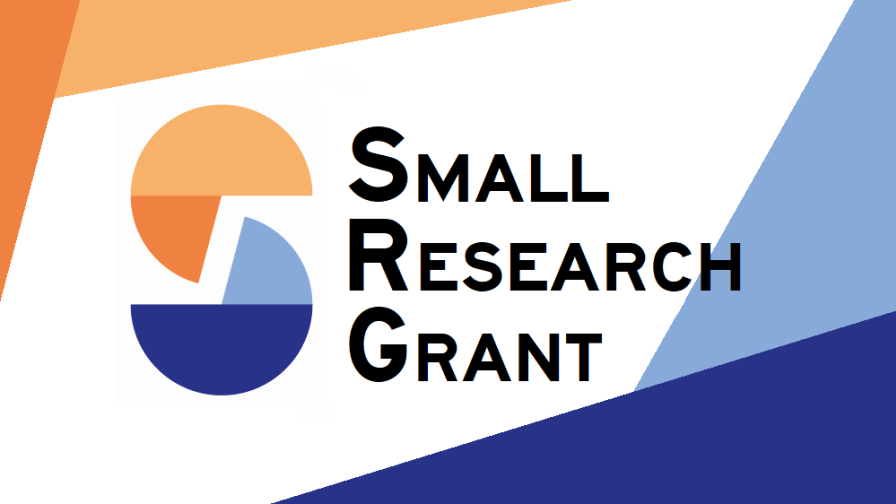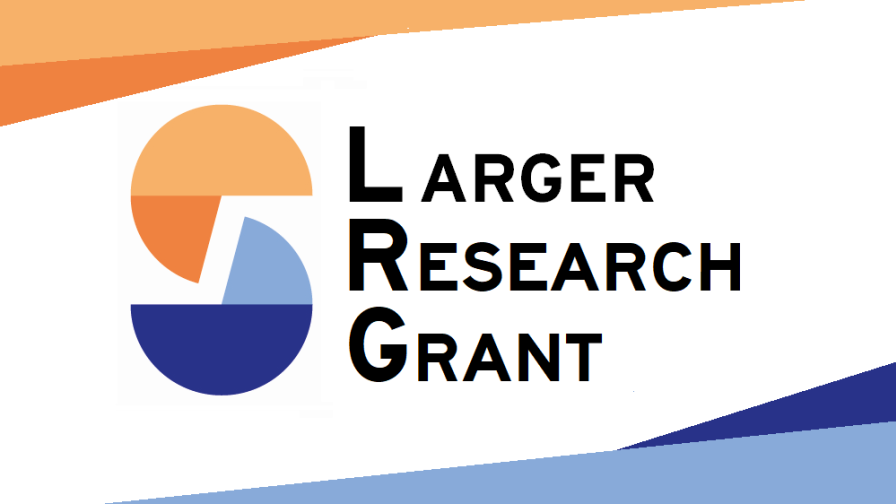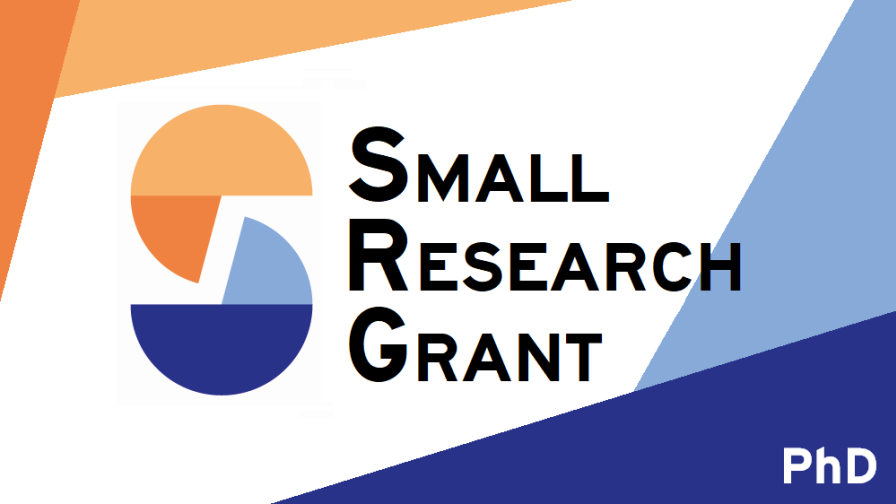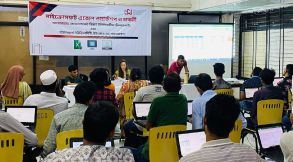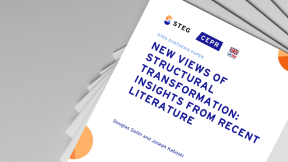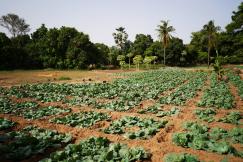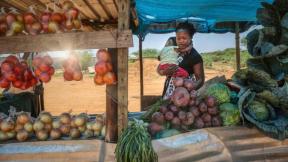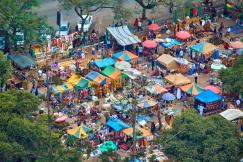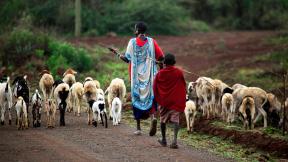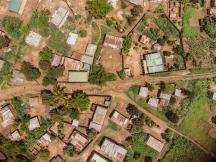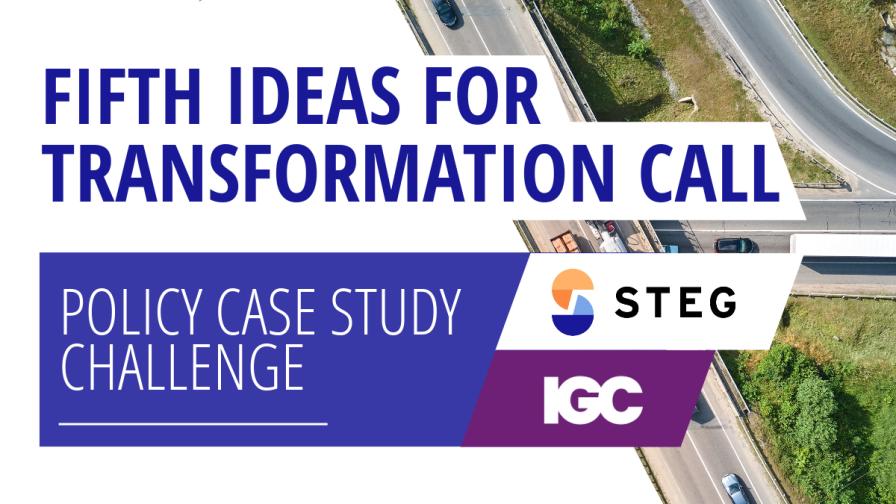Societies with strong ethnic, cultural, or subnational divides are more likely to have stagnant economies, low quality institutions, and high levels of mistrust towards the government. The equilibrium between mistrust, ethnic divide, and development is especially fragile in post-conflict settings. To break this cycle, Truth and Reconciliation Commissions (TRC) have become one of the most popular practices adopted by the international community. However, despite the vast amount of funds invested in TRCs worldwide little is known on their efficacy to unleash structural transformation and economic growth. This project leverages one of the most iconic TRCs in history, that of post-apartheid South Africa, to study whether exposure to TRCs can deliver sustained economic growth through the transformation of intergroup relationship and increased trust.
To explore this question empirically, the research team use differences in media coverage of the TRC across South Africa. They focus on TV and radio stations broadcasting two iconic programmes extensively covering the activities of the TRC and reconstruct the geographic variation in signal strength across the country. The media data source is the Independent Communication Authority of South Africa. To isolate exogenous variation in TRC media coverage, the researchers exploit a standard strategy that allows them to identify variation in signal strength due to idiosyncratic differences in the topography between antennae and receivers. So far, TRC media coverage has been linked to short- and long-run data on violence, trust, and nation building. Outcome data are sourced respectively from ACLED and Afrobarometer and then augmented with data from the South African census to construct controls. The data comprehensively cover 445 municipalities.
The results stemming from this work have important policy implications, aiding policymakers to understand better the benefits and the limits of using TRCs. Importantly, the project will be able to be more precise on how policymakers can use media and representation on media to enhance their efficacy. In addition, whether TRCs have long-lasting economic effects is not established and it is a question of upmost importance for practitioners working in post-conflict settings.
